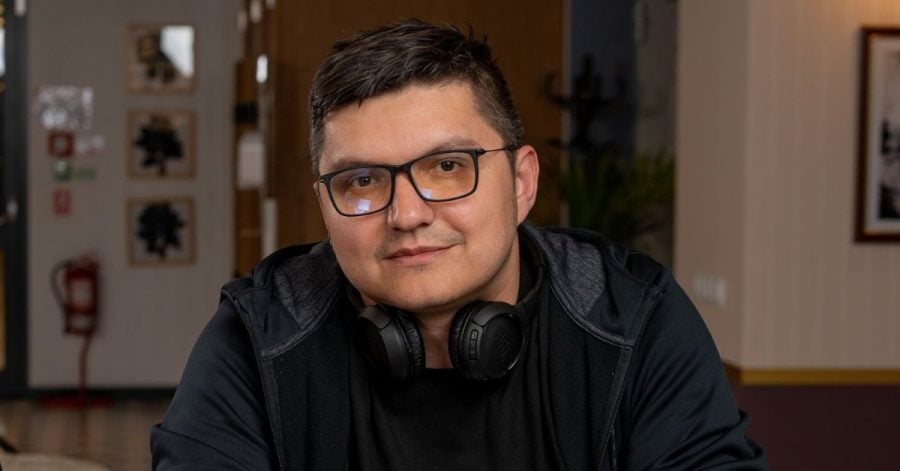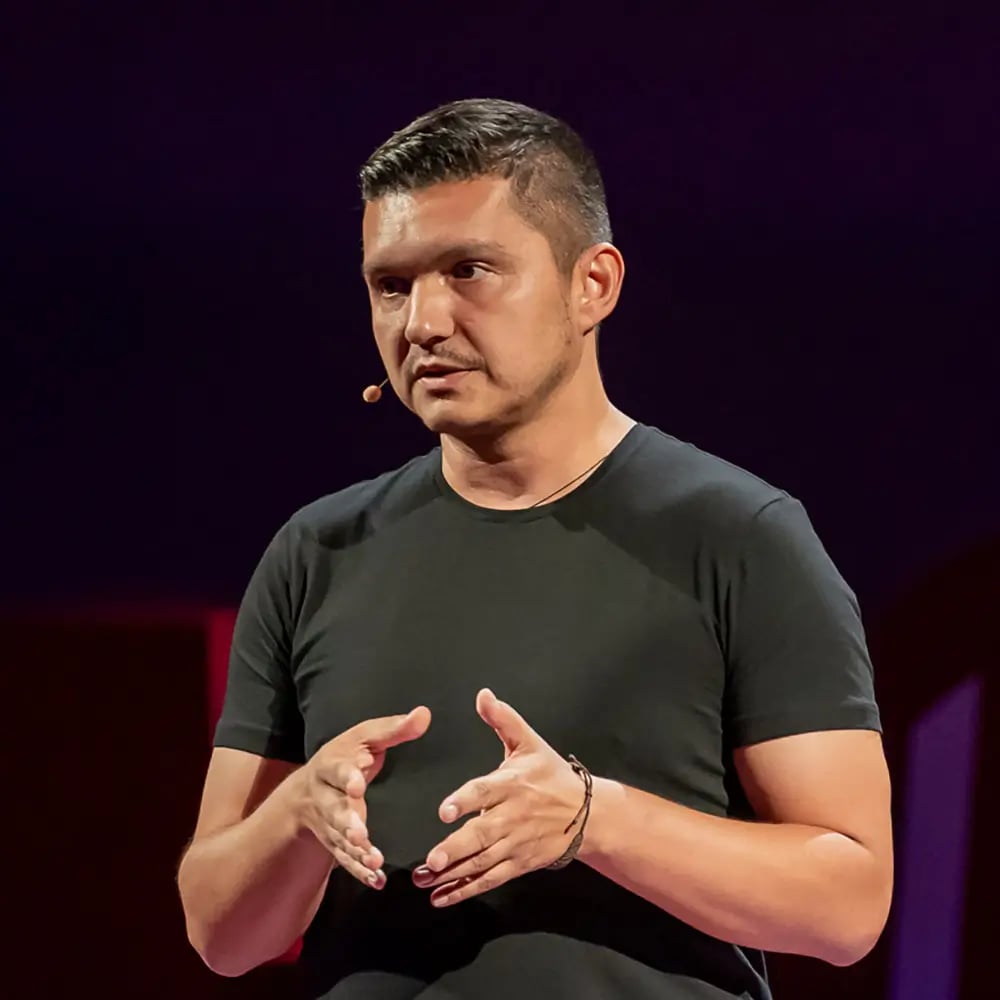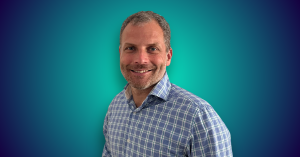Focus on a vision, have an ambitious purpose, and fear no failure!
Before I begin to give you any kind of advice, I would like to give you a little bit of context, so you know who I am and where I’m coming from. My name is Mester Catalin, I was born in Timisoara, in 1980, and I’ve been an entrepreneur since childhood. I loved to “do business”, I was the troublemaker, the rebel, the one who had no respect for the status quo.
While my colleagues were interested in learning whatever the teacher asked them to learn, I was focused on “the why” people do what they do. Even from a young age, I was extremely curious. So, an answer like “Because everybody is doing it” or “Because I said so” challenged me, even more, to do things differently.
Today, I’m a UX-oriented serial entrepreneur, community builder, and business mentor, with over 20 years of experience. Among my biggest achievements, I:
- Co-Founded and created from scratch VOXA, the leading Romanian streaming platform for audiobooks and ebooks, valued at €5.5M.
- Founded I Love Failure, an events company with the mission of reducing the fear of failure in the world.
- Founded Tiny house Romania, one of the biggest communities of tiny houses and minimalists in Romania.
Why failing is good
So far, I launched six companies, some of which failed – and I’m grateful for that. One of my first companies was selling computers; if it had been successful, a big part of my life would have been about computer parts, buying and selling them. I can’t even imagine doing this today. Another startup was an e-commerce marketplace. I am grateful that I failed that one also because e-commerce is not something I want to invest my time in.
As I started more and more companies, I realized that it’s not enough to make money, it needs to be in line with my beliefs, and it needs to have a great vision, a mission, and a purpose. So, the next companies followed this rule. I only got involved with projects that had a great vision and a clear mission, a mission that I, the team, clients, partners, and investors can easily get behind. Some of the projects that followed this rule proved to be successful and grew fast:
- Voxa – help people read more, learn more, be more
- I Love Failure – reduce fear of failure in the world
- Tiny house Romania – less is more
- Bookups – connect people through books
Know when you have failed
One of the companies I launched was a marketplace. I wanted to bring the experience of shopping in physical commercial spaces to online shopping. I had the idea around the time the eMAG marketplace launched, yet I could not make it happen for six years, mostly because I didn’t have the resources. Back then, it was almost impossible to get an investment, and even if people were interested in investing, I wouldn’t have known how to talk to them or present a pitch deck.
So, it took me a lot of time to find a team and get a minimal investment from friends and family to build the product. During all this time, e-commerce was booming and marketplaces were popping out like popcorn. I’ve dedicated two years to build the product, working 18h per day, ignoring my health, family, and friends. After it was live, we got vendors to join and at its peak, we had 350k products on the marketplace. And then…we failed.
Don’t get me wrong – I am grateful for what I learned from this project, and I used the knowledge to build other marketplaces, including Voxa, but in retrospect, I wish I had failed sooner. I wish I had a better understanding of the financial metrics and set a timeline of when this project is considered a failure.
To be more specific, the failing timeline is growth metrics related to time. They can be something like: if we don’t have so many vendors or so many sales by the end of Q3, we close the project. It is hard to stick to this, but numbers don’t lie.
Have a good relationship with failure
Today, for me, failure and setbacks are normal. I don’t waste time blaming anybody, I just learn my lesson as fast as possible and move on.
I wasn’t always like this. I used to blame myself, my business partners, and the universe and waste a lot of time and energy staying in the past before moving on. How I got to this point is a combination of life experience, stoicism, and psychology, which I will cover in detail in my next article.
Today I 💜 failure.
___
Join the 𝐈 💜 𝐅𝐚𝐢𝐥𝐮𝐫𝐞 community in Bucharest
If you want to improve your relationship with failure and meet awesome people, join us at 𝐈 💜 𝐅𝐚𝐢𝐥𝐮𝐫𝐞 𝐓𝐚𝐥𝐤𝐬 𝐁𝐮𝐜𝐮𝐫𝐞𝐬𝐭𝐢 | 𝐕𝐨𝐥 #𝟏𝟓, on the 31st of August, at 7 PM, at Mercato Kultur, and listen to Ana Maria Branza, Zaiafet, Ovidiu Tuduruta, Victor Canache, Corina Bacanu, and moderated by Dracea, one of the coolest stand-up comedians in Romania. We‘ll create the perfect setting – you just have to bring your failure.
Catalin Mester is a Bucharest-based tech startup founder, known for co-founding the audiobook company Voxa. He has a background as a programmer, and is now building a new project, the I Love Failure series of events.








